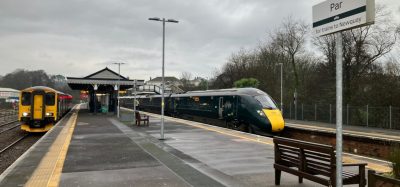Mayor Tracy Brabin has unveiled detailed route options for the first phase of West Yorkshire’s mass transit network, a significant move in the region’s growth plan. The announcement follows her recent meeting with Prime Minister Keir Starmer, where Metro Mayors’ roles in delivering the government’s growth mission were discussed.
The first phase aims to connect St James’ Hospital to South Leeds and link Bradford city centre to Leeds city centre. Proposed routes for the Leeds Line include areas near the White Rose Centre and Elland Road, connecting key locations such as Leeds General Infirmary, The South Bank, Holbeck and Beeston. The Bradford Line will link Bradford and Leeds, covering Thornbury, Laisterdyke, Pudsey, Armley and Wortley.
The mass transit network is designed to boost connectivity, enabling access to jobs, education and training, while addressing the climate emergency. A public consultation running until 30 September 2024 invites feedback to refine these routes.
Following this options consultation and the preferred route consultation in 2025, an application to the Secretary of State for Transport would be made for legal powers and planning permission to build and operate phase one. This would be in the form of a Transport Works Act Order in the second half of 2026. Work is expected to begin in 2028, with first lines operational by the early 2030s.
Mayor Brabin said: “A crucial part of our growth mission, Mass Transit will transform the transport options available to the people of West Yorkshire, as well as attracting investment into the region and boosting our economy. We want to create a better-connected West Yorkshire, with a Mass Transit system that is affordable, easy to use and safe and secure for all.”
Bradford Council Leader Councillor Susan Hinchcliffe said: “Having a tram system will be a leap forward for the West Yorkshire economy and, given the size of Bradford and the number of workers we have here, I’m pleased to see our city benefit from this tram link in the first phase. The route would service communities which have never been connected before, providing better access to jobs and opportunities.”
National Infrastructure Commission Chair Sir John Armitt and other experts praised the project’s potential to alleviate congestion, boost economic growth and enhance daily life in West Yorkshire. The consultation marks a critical step toward achieving a well-connected, prosperous future for the region.









